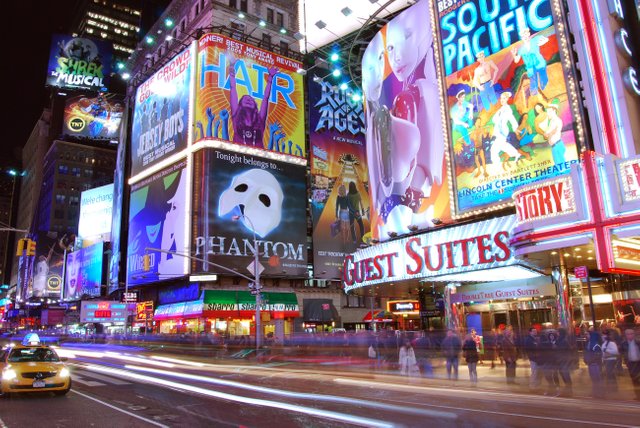Decentralizing a billion-dollar virtual industry

In-game virtual transactions were one of Satoshi Nakamoto’s original visions when creating Bitcoin, but it is the Ethereum blockchain that is really taking that idea to the next level with Decentraland, an open-world VR platform that will allow users to create their own reality.
Though Decentraland has still not officially launched, crypto-enthusiasts and real estate speculators alike can already bid for virtual plots of land within the game’s limited space.
And these auctions are going exceedingly well.
So far, over $28 million in LAND, non-fungible parcels by which the world is divided, has been auctioned off in the game’s ERC20 based token, $MANA. And now, in a partnership with Ripio, an Argentina-based peer-to-peer crypto lending network, users will be able to purchase LAND using credit.
In these crypto-mortgages, users can put a 10-percent down payment on the market value of the ‘property’ and wait for a lender to claim the request. Once that happens, a smart contract is generated and if a borrower doesn’t pay up, the virtual land reverts to the lender. But be weary of the interest, as RCN rates go from some 28 percent to as high as 78 percent!
Big Shoes to fill
Video games have come a long way since cracking open boxes in Mario Bros or chasing rings in Sonic the Hedgehog. With the introduction of MMORPGs, in-game economies have become robust and exceedingly complicated, with players trading their virtual fortunes for items or resources to gain an edge on the competition.
In the early days, it was fairly rare to trade real money for in-game currencies, as most of these transactions were against the games’ terms of service. But, naturally, capitalism took over, and ambitious digital capitalists created both a new kind of workforce and profitable enterprises centered around the sale of in-game currencies.
From gold farming in games like World of Warcraft or Dark Ages of Camelot to complex third-party currencies which could be bought to make peer-to-peer purchases, players made a fortune selling gold, unique items, and what essentially translated to their own time to gather these resources.
The Birth of an Industry
Online stores like Internet Gaming Entertainment (IGE), which was founded by Brock Pierce in 2001, and boasted $500 million in annual volume at its peak, paved the way for a bustling currency-services industry.
IGE, for its part, even gained the attention of Goldman Sachs, which bought a stake of the company for $60 million before Pierce was pushed out and replaced with Trump’s ex-right-hand-man, Steve Bannon.
Besides online-stores, however, savvy entrepreneurs also made a killing on different exchange platforms where users could come together to buy an intermediary currency to trade for in-game items.
The most notable of these were The Virtual World Exchange (VirWox), an exchange allowing users to buy and sell Linden Dollars, a currency used in the game Second Life, and D2Jsp, a forum that provided users with the opportunity to buy its own currency “forum gold” to trade with other users for in-game items, mostly within Diablo 2.
Billions Hanging on a Thread
With the influx of real cash into virtual markets, a series of perplexing questions arose. In-game cyber-brothels, gambling dens, mafia-like ‘griefers’ and even virtual stock market fraud has made both the companies that created the games and even some of the players rethink their relationships with these virtual worlds.
There’s a lot on the line, after all.
On VirWox alone, over $1 billion has been traded for Second Life’s Linden Dollar currency, but that’s only a small fraction of the world’s virtual markets.
In the virtual universe of Entropia, property sales have surged, with one company even buying “Planet Calypso” for over $6 million.
Justifying the purchase, Corey Redmond, the president of SEE Virtual Worlds, noted, “The Entropia Universe and virtual worlds in general are extremely lucrative. Calypso alone has had over $428 million processed in player-to-player transactions in 2010.”
Other notable sales in the Entropia Universe include a $625,000 nightclub and a $335,000 crystal palace.
What’s In Store For Decentraland?
Though Decentraland is certainly not the first virtual platform to gain the attention of speculators and would-be digital capitalists, it is the first completely decentralized platform, meaning no specific company could pull the plug.
While Entropia and Second-Life both boast bustling economies and some notably high-priced properties, they’re both run by a single entity, meaning that the $6 million in-game planet purchase could vanish if MindArk, the company behind the game, decided to call it quits.
Decentraland is also cooperating with other blockchain-based gaming platforms, such as Axie Infinity, a collectables game featuring player-vs.-player battles.
With a string of positive news surrounding Decentraland, the game’s cryptocurrency, $MANA, has surged by over 38 percent over the past month, jumping to a market cap of over $100 million.
Originally posted on Crypto Insider : https://cryptoinsider.com/decentralizing-virtual-industry/